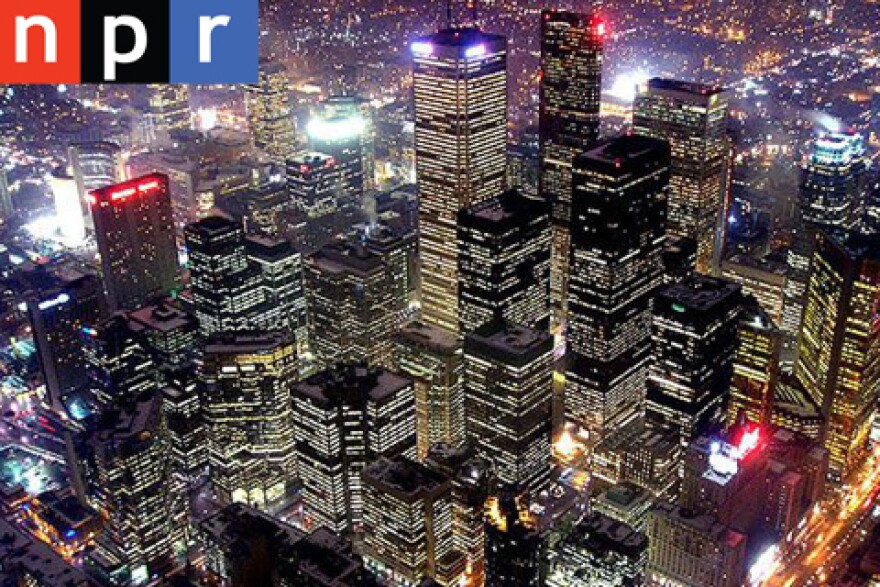The Cities Project: Season Three
Season Three of The Cities Project focuses on "Where We Live, How We Live and How We Get Around." Each of these three elements will be featured in occasional stories for Morning Edition and All Things Considered. Look for accompanying news interactives from NPR's Visuals Team at NPR.org.
The Cities Project is multi-platform, with interactive and visual elements online and a presence on social media that drives conversation. In addition to thematic reporting, look for accompanying "City Life" elements -- snapshots of the people that bring cities to life.
So-called "Mixed Income" Communities
Morning Edition; Thursday, February 5
When new development starts pushing into lower-income neighborhoods, there's often talk of the need for "mixed income" housing. But "mixed income" housing as a policy has met with mixed results over the years. NPR's Cheryl Corley reports on one such example in Chicago.
A Cutting-Edge Community in a Boomtown
Two-part story airs on All Things Considered on Thursday, February 12 and Morning Edition on Friday, February 13
The Mueller neighborhood of Austin, Texas, has become a testing ground for life on the "smart grid." It also has one of the highest concentrations of electric vehicles anywhere. It's a kind of New Urbanist utopia -- a mixed-income community designed with neighborhood interaction in mind. All of this community-building by design and energy-consciousness is playing out in the context of a sprawling, energy-hungry metro area, as metropolitan Austin is fast-approaching a population of 2 million people. NPR's John Burnett reports.
Co-Housing
Morning Edition; Thursday, February 19
From Spain, NPR's Lauren Frayer explains a plan -- supported by UN money awarded through a design competition -- to transform a slum in suburban Valencia into co-housing. These are private homes with shared facilities. And NPR's Ari Shapiro tells us how co-housing has caught on among some middle class folks in England. Co-housing is seen there as a way to foster more neighborliness. And that's sorely needed in the UK. According to a recent study it's the loneliest country in the world.
Tiny Living
All Things Considered; Thursday, February 26
Tiny living spaces are becoming a force in the real estate market -- developers have won changes in codes so they can build micro-apartments in dense cities like New York and San Francisco. Tiny homes no bigger than 200 square feet are also a grassroots movement, and builders are working to convince city officials to revise building codes so they can live there full time. But there's a reason for those codes -- some say housing this size is simply inhumane. NPR's Franklyn Cater reports.

